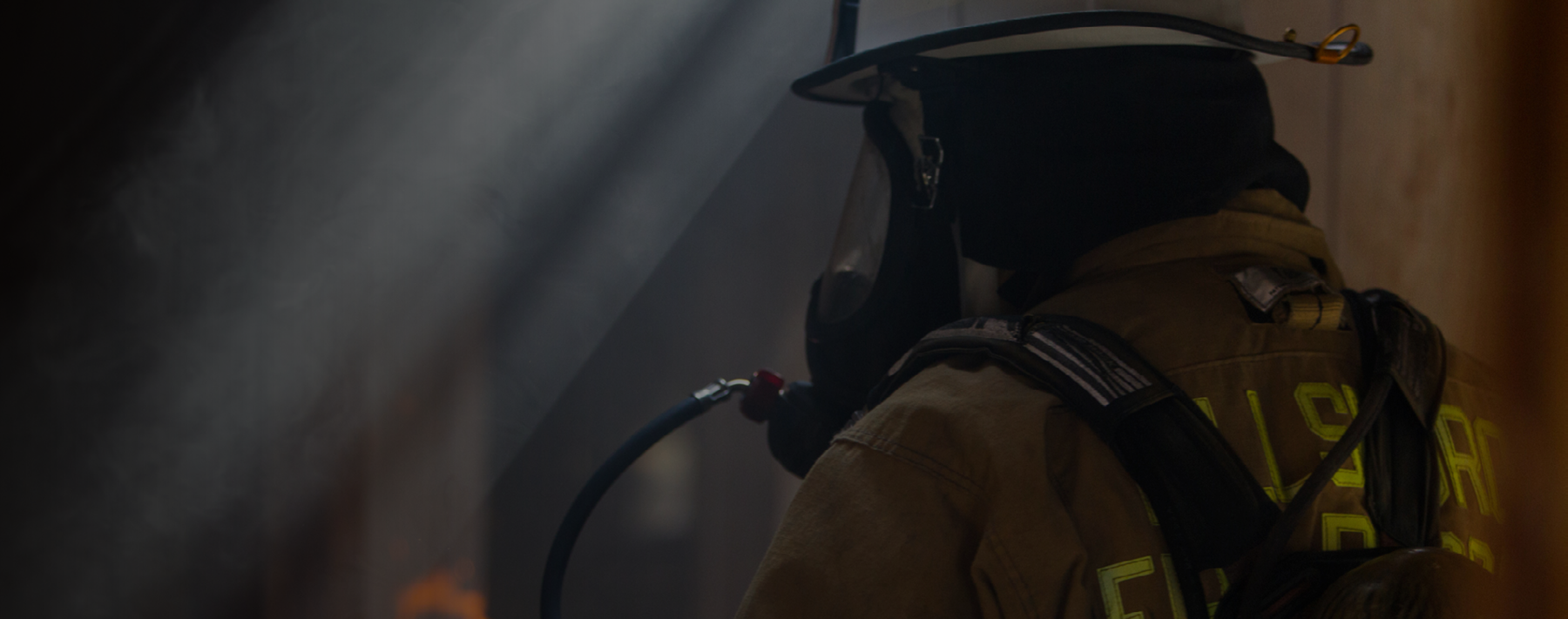During a working incident, radio traffic can be overwhelming from everyone working the incident to the incident commander (IC). There is a lot of noise on the fireground that can sometimes drown out radio messages. Getting your message across and being blocked or cut off by other radio transmissions can be frustrating, to say the least. When calling for a mayday, this is even more frustrating.
A mayday is declared for three main reasons. Firefighters are:
- lost or trapped
- injured
- missing/unaccounted for
(By the way, if you’re looking to perform mayday training, this video provides many excellent learning opportunities to explore.)
Communication Competition
Growing up I had four siblings. Like a working incident, we gathered around the kitchen table—five of us all, different ages, constantly vying for the attention of our parents and each other. In other words: nonstop chatter! We wanted to be heard, accounted for and approved of. Like fireground communications, getting your message out over four siblings on the same frequency was at times frustrating. Often the transmission for approval was not heard.
The drive for self-improvement and learning is healthy. But it can be taken too far
When a child insists on being the focus of attention, they call a mayday message of sorts to ensure their position is heard and accepted. The child will sometimes employ manipulative or disruptive behavior—threat of a disappointment, picking a fight, whining or an emotional explosion—to get attention.
Back to the firehouse. Step into a firehouse kitchen, whether with four or 14 firefighters, and the need for approval is not unlike my family’s kitchen table. Our approval-seeking messages are often more muted as adults. But, just like children, when communication or need is not received, it can get ugly fast.
You would think we would promote out of it. However, it is my experience that as adults very few of us are immune from caring about what other people think. When we become preoccupied with a need to be liked—or try too hard to be everyone’s hero—we risk abandoning ourselves. In short, we begin to play the role we think others wish for us to perform.
Trapped in the Need for Approval
The desire for approval is potentially problematic. Approval-seeking behaviors are stressful. You constantly wonder: “Do they like me?” The need for approval also means that you miss out of a lot in life. You are in essence declaring someone else’s needs and standards above your own. While everyone appreciates praise and a sense of acceptance, they shouldn’t come at the expense of your own sense of self.
The approval trap can also quickly spiral into other issues, including:
- The Comparison Trap: Comparing ourselves constantly to others, we never measure up and end up losing our sense of who we really are. This is exhausting! Comparison harms personal and professional relationships. Like a wildfire it quickly spreads into anger, jealousy, resentment and hatred.
- The Assumption Trap: In the absence of overt approval, some folks will feel insecure and unsure of themselves within the social context. What is my role? Am I doing a good job? The human mind abhors a vacuum, so it’s natural to make assumptions in the absence of data. I can’t begin to count the number of times I assumed something in a given situation, only to discover it was my own bias filling in the gaps. A prejudice, belief system, childhood experience or bad information can easily lead us astray.
Breaking the Need
Learning to that “it’s okay to not be okay” is a good start. As first responders, most of us are Type A personalities and high achievers. We’re competitive, too. The drive for self-improvement and learning is healthy. But it can be taken too far.
I’ve found that with work and over time, we can build up our resilience and sense of self-worth to the point that the opinions of others become just that: someone else’s opinion. It might be right or wrong or somewhere in between, and we can now objectively take it for what it is. “Criticism is something you can easily avoid by saying nothing, doing nothing, being nothing,” Aristotle allegedly said. Since doing nothing isn’t an option, we must be prepared to deal with the criticism.
If you’re trapped in the need for approval, it might be time to call a mayday.



